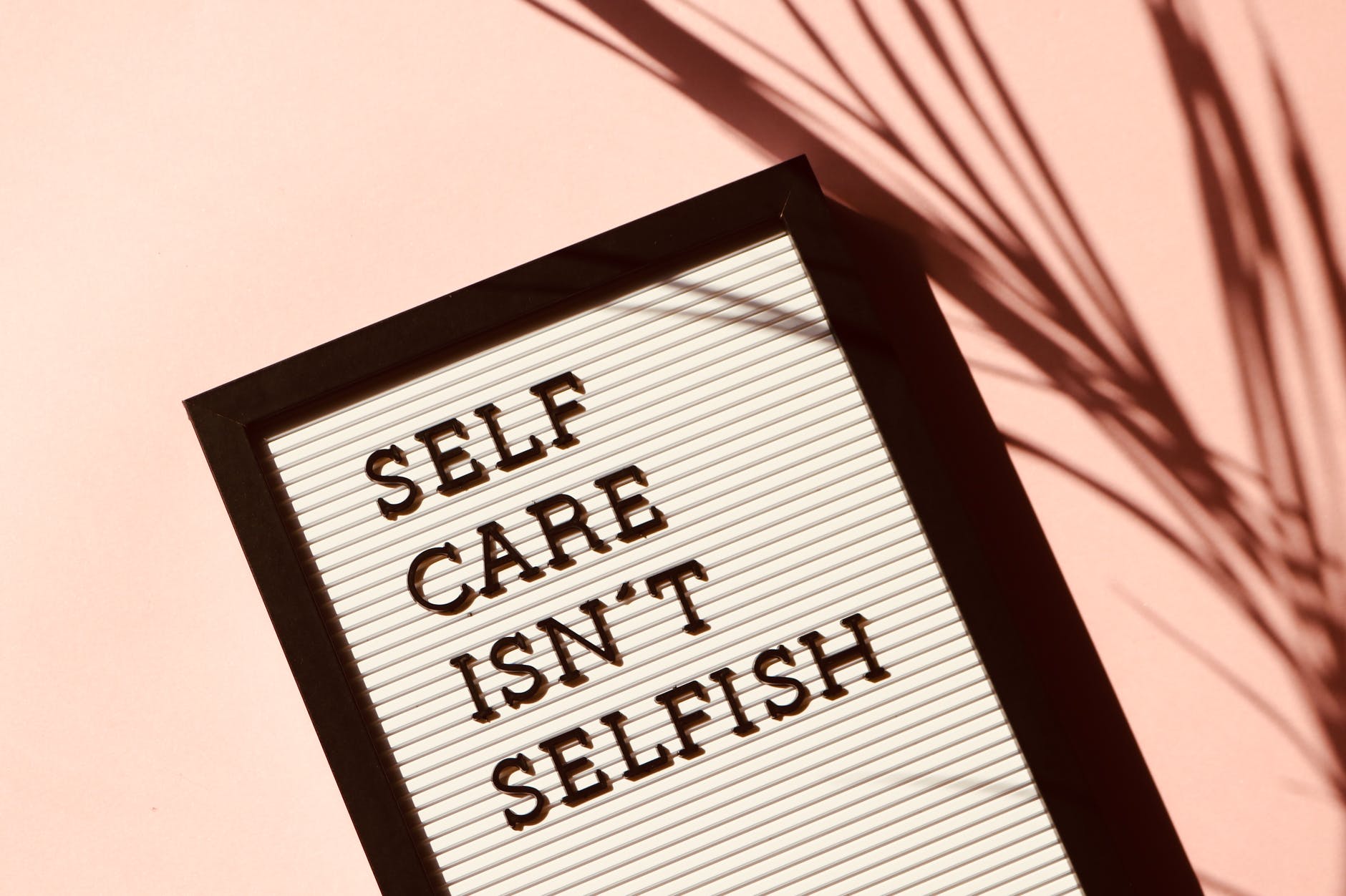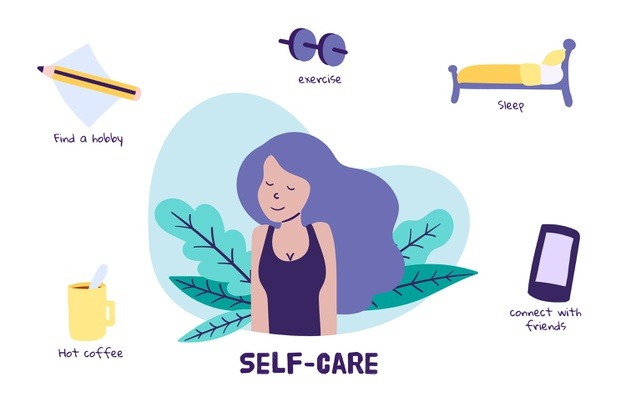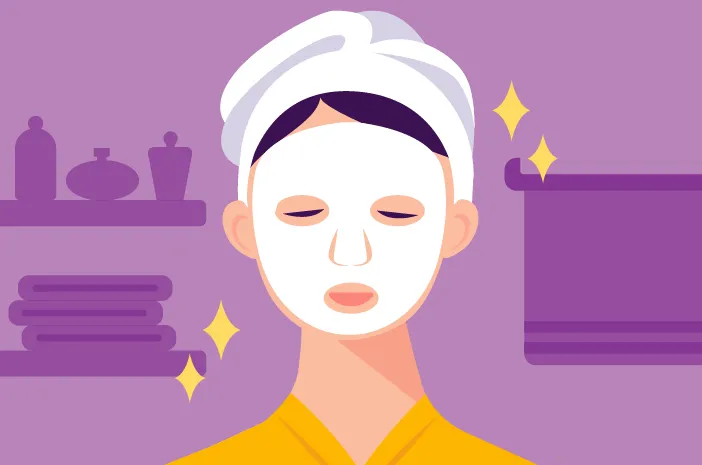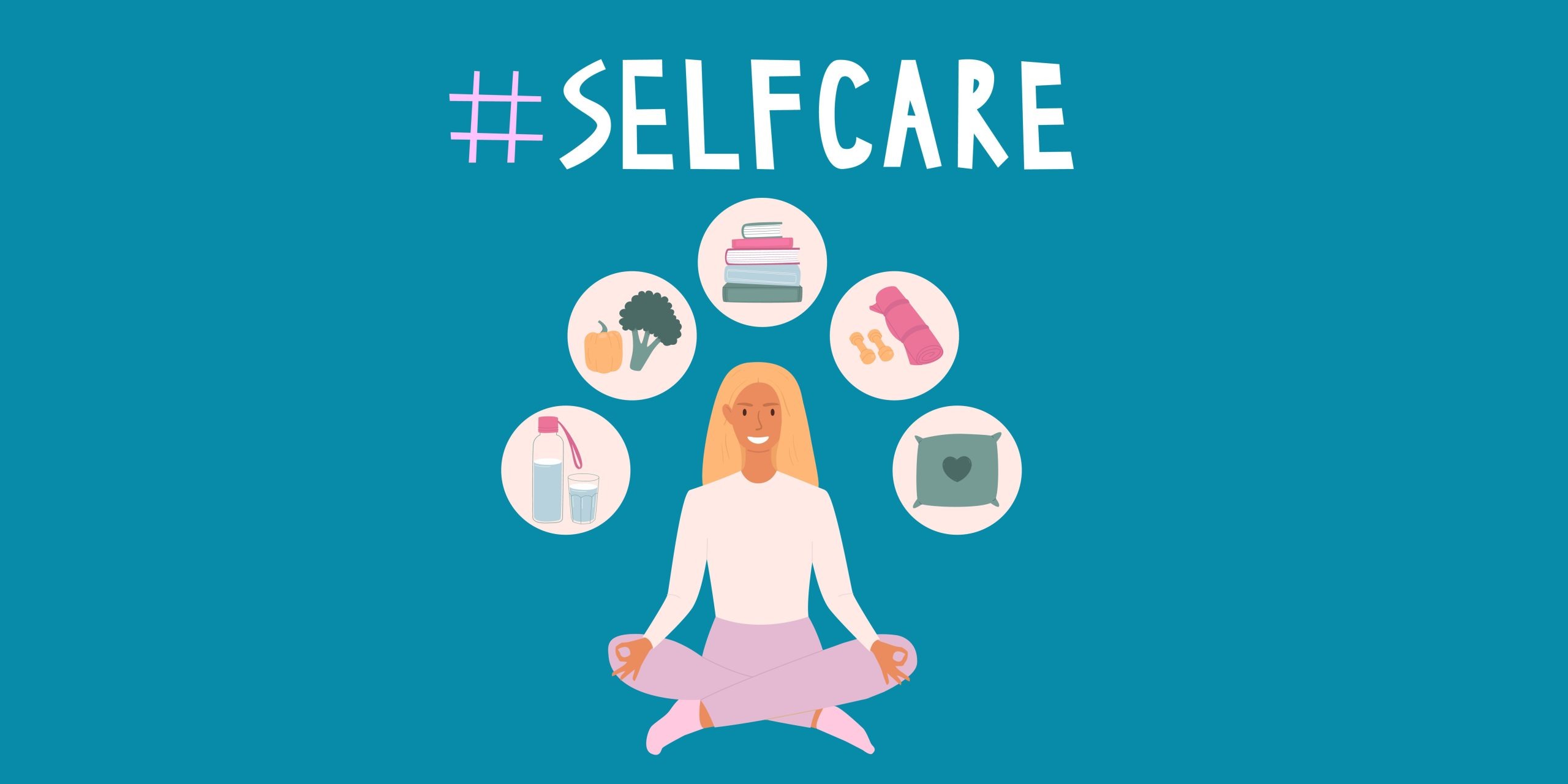Self-Care In today’s fast-paced world, the importance of self-care cannot be overstated. Amidst the demands of work, family, and other responsibilities, taking time to nurture our physical, emotional, and mental well-being is essential for maintaining a balanced and fulfilling life. In this article, we’ll explore the concept of self-care, its significance, and practical strategies for incorporating it into our daily routines.
Embracing Self-Care: Prioritizing Wellness in a Hectic World
Contents

Understanding Self-Care:
Self-care encompasses a broad range of activities and practices aimed at promoting health, happiness, and overall well-being. It involves tuning into our own needs and taking intentional actions to nurture ourselves, both physically and emotionally. Self care is not selfish; it is a fundamental aspect of maintaining our health and resilience, allowing us to show up as our best selves in all areas of life.
The Importance of Self-Care:
- Stress Reduction: Engaging in self care activities can help reduce stress levels by providing opportunities to relax and recharge. Whether it’s through meditation, exercise, or simply taking a few moments to breathe deeply, self-care practices promote relaxation and calmness in the midst of life’s pressures.
- Enhanced Well-Being: Prioritizing self-care contributes to improved overall well-being, including better physical health, increased energy levels, and enhanced emotional resilience. By attending to our own needs, we become better equipped to handle life’s challenges and enjoy a higher quality of life.
- Improved Relationships: Taking care of ourselves allows us to show up more fully in our relationships with others. When we prioritize self-care, we have more energy, patience, and compassion to offer those around us, strengthening our connections and fostering healthier interactions.
- Increased Productivity: Contrary to popular belief, self care is not a luxury; it’s a necessity for productivity and success. When we neglect our own well-being, we run the risk of burnout and decreased performance. By taking time for self-care, we recharge our batteries and approach tasks with renewed focus and clarity.

Practical Strategies for Self-Care:
- Establishing Boundaries: Learn to say no to activities or commitments that drain your energy and leave you feeling overwhelmed. Setting boundaries allows you to prioritize togelon your own needs and allocate time for self care.
- Mindful Practices: Incorporate mindfulness into your daily routine through practices such as meditation, yoga, or deep breathing exercises. Mindfulness helps cultivate awareness and presence, allowing you to fully experience the present moment and reduce stress.
- Physical Activity: Engage in regular exercise to promote physical health and well-being. Whether it’s going for a walk, hitting the gym, or practicing yoga, find activities that you enjoy and make movement a priority in your life.
- Healthy Habits: Take care of your body by nourishing it with nutritious foods, staying hydrated, and getting adequate sleep. Prioritize self-care by adopting healthy lifestyle habits that support your overall well-being.
- Creative Expression: Explore creative outlets such as painting, writing, or playing music as a means of self-expression and relaxation. Engaging in creative activities can be therapeutic and rejuvenating, providing an outlet for stress and tension.
Self-care is not a luxury reserved for special occasions; it’s a fundamental aspect of maintaining health, happiness, and overall well-being. By prioritizing self care and incorporating intentional practices into our daily routines, we can nurture ourselves and cultivate a life filled with vitality, resilience, and joy. Remember, self care is not selfish; it’s an essential investment in ourselves that allows us to show up as our best selves in all areas of life.
Exploring the Pros and Cons of Self-Care: Balancing Wellness and Responsibility
Self-care, a term that has gained significant traction in recent years, refers to the practice of taking deliberate actions to promote one’s physical, mental, and emotional well-being. While self care is often touted as essential for maintaining a healthy and balanced life, it also has its drawbacks and limitations. In this article, we’ll delve into the advantages and disadvantages of self-care to provide a comprehensive understanding of this important concept.

Advantages of Self-Care:
- Stress Reduction: Engaging in self-care activities such as meditation, exercise, or spending time in nature can significantly reduce stress levels. These practices help individuals relax, unwind, and manage stress more effectively, leading to improved overall well-being.
- Improved Mental Health: Self care plays a crucial role in promoting mental health by providing opportunities for self-reflection, emotional expression, and stress management. Practices like journaling, therapy, and mindfulness meditation can enhance mental clarity, resilience, and emotional stability.
- Enhanced Physical Health: Prioritizing self care involves taking care of one’s physical health through practices such as regular exercise, nutritious eating, and adequate sleep. These habits contribute to increased energy levels, improved immune function, and reduced risk of chronic diseases.
- Increased Resilience: Regular self care practices help individuals build resilience to life’s challenges by fostering a sense of self-awareness, self-compassion, and inner strength. When faced with adversity, individuals who prioritize self-care are better equipped to cope, adapt, and bounce back.
- Better Relationships: Self care enables individuals to show up as their best selves in relationships with others. By taking care of their own needs and well-being, individuals have more energy, patience, and compassion to offer to their loved ones, strengthening interpersonal connections.
Disadvantages of Self-Care:
- Perceived Selfishness: In some cases, prioritizing self care may be perceived as selfish or self-indulgent, particularly in cultures or environments that emphasize productivity and self-sacrifice. Individuals may feel guilty or ashamed for taking time for themselves, leading to resistance or reluctance to engage in self care practices.
- Time and Resources: Engaging in self care activities often requires time, resources, and access to supportive environments. Individuals with busy schedules, financial constraints, or caregiving responsibilities may find it challenging to prioritize self care amidst competing demands and obligations.
- Misguided Priorities: While self care is important, it’s essential to strike a balance and avoid using it as a means of escapism or avoidance. Overindulgence in self care activities, such as excessive shopping, eating, or leisure, can mask underlying issues and distract from addressing deeper emotional needs.
- Overemphasis on Individualism: The concept of self care can sometimes perpetuate an individualistic mindset that overlooks systemic issues and social determinants of health. In focusing solely on personal well-being, there’s a risk of neglecting broader societal issues and collective responsibility for creating healthier communities.
- Potential for Harm: Not all self care practices are beneficial, and some may even be harmful if done to excess or without proper guidance. For example, extreme diets, excessive exercise, or substance use can have negative consequences on physical and mental health if not practiced mindfully and in moderation.
Conclusion:
While self-care offers numerous benefits for physical, mental, and emotional well-being, it’s essential to approach it with awareness, balance, and intentionality. By acknowledging both the advantages and disadvantages of self-care, individuals can cultivate a holistic approach to wellness that honors their needs while also recognizing the interconnectedness of personal and collective health. Ultimately, self-care is not a one-size-fits-all solution, but rather a journey of self-discovery, self-compassion, and self-empowerment that evolves over time.
Read More Article About “SOLO LEVELING SEASON 2: ANTICIPATION BUILDS FOR THE NEXT CHAPTER OF SUNG JINWOO’S EPIC JOURNEY“





